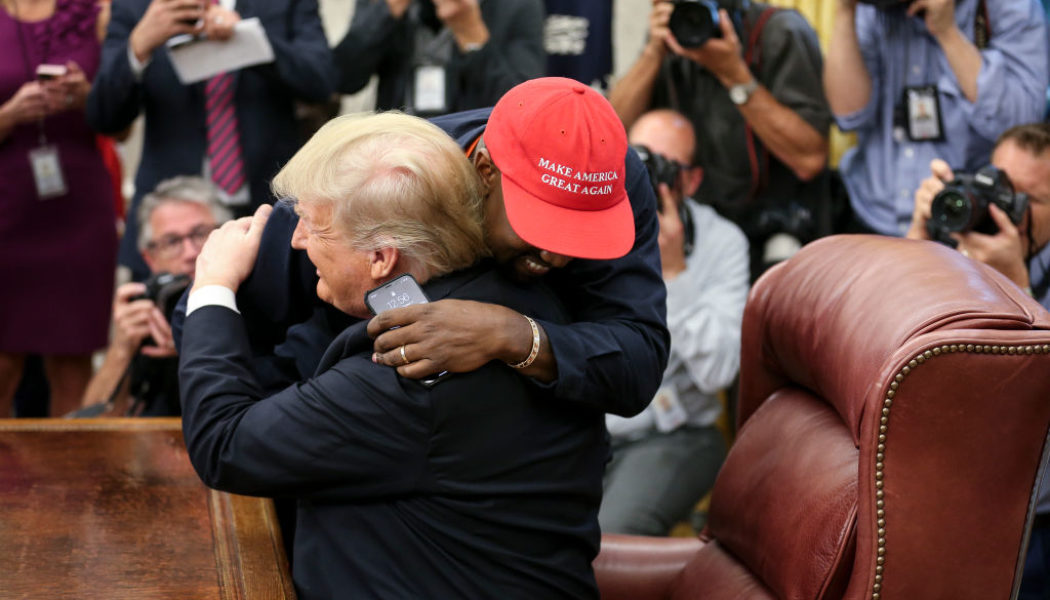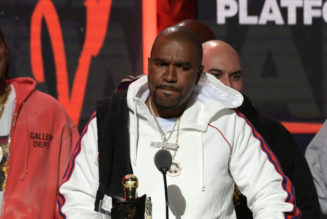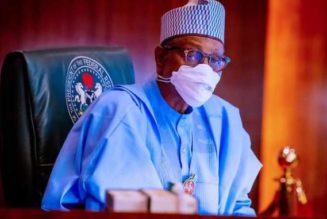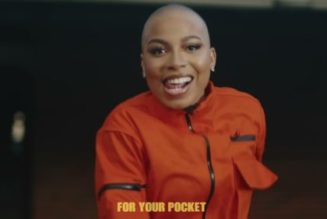
Source: Pool / Getty
An analyst on MSNBC compared Donald Trump’s behavior in his defamation case to Kanye West’s lashing out against Taylor Swift.
On Thursday afternoon (January 18), the court was dismissed for the third day of the defamation trial brought by writer E. Jean Carroll against former President Donald Trump. The day saw Carroll take the stand and detail exactly how Trump has consistently attacked her character after she sued him for sexual assault. The treatment that she received at the hands of Trump and his legal team struck a familiar chord with MSNBC legal analyst Lisa Rubin.
Rubin began by writing in a post on X, formerly Twitter that “today’s theme — other than Judge Lew Kaplan’s increasingly acerbic handling of objections — owes more to Kanye than T. Swift, to this Swiftie’s chagrin.”
The lawyer elaborated on her theory in subsequent tweets based on the cross-examination of Northwestern University professor Ashlee Humphreys by Trump lawyer Michael Maddio. Maddio argued that Carroll asking for $10 million in damages (supported by Humphreys’ analysis as a damages expert) should be tossed out since she made more money after Trump defamed her. “And that’s when I realized: Their defense is straight out of Ye’s ‘Famous,’ in which he boasts he made ‘that b–ch,’ aka today’s Time Person of the Year, well, famous,” Rubin wrote in the thread.
“And just like Kanye’s jumping on the MTV Music Awards stage is hardly what made Taylor famous, nor can Trump credibly claim responsibility for Carroll’s success in life. She was 76 when she came forward with her story of having been sexually assaulted by him in the ‘90s.” Rubin then further dismantled the argument, claiming that the “I own your success & you’re to blame for your injuries” defense that Trump is trying to put forth is paltry.
Trump was not present in court, having been granted permission to attend the funeral of his mother-in-law. The former president has made it a point to be irascible while he was in court, at one point entering into a back-and-forth with Judge Kaplan. The exchange prompted Trump to call him a “nasty man” and a “Trump-hating guy” after leaving the courtroom.










